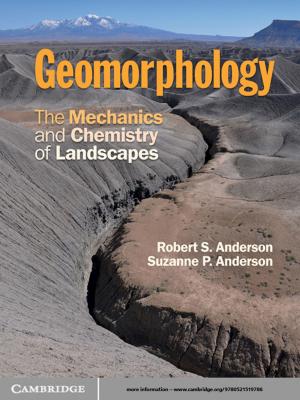| Author: | ISBN: | 9781316711880 | |
| Publisher: | Cambridge University Press | Publication: | November 24, 2016 |
| Imprint: | Cambridge University Press | Language: | English |
| Author: | |
| ISBN: | 9781316711880 |
| Publisher: | Cambridge University Press |
| Publication: | November 24, 2016 |
| Imprint: | Cambridge University Press |
| Language: | English |
The Cambridge Handbook of Morphology describes the diversity of morphological phenomena in the world's languages, surveying the methodologies by which these phenomena are investigated and the theoretical interpretations that have been proposed to explain them. The Handbook provides morphologists with a comprehensive account of the interlocking issues and hypotheses that drive research in morphology; for linguists generally, it presents current thought on the interface of morphology with other grammatical components and on the significance of morphology for understanding language change and the psychology of language; for students of linguistics, it is a guide to the present-day landscape of morphological science and to the advances that have brought it to its current state; and for readers in other fields (psychology, philosophy, computer science, and others), it reveals just how much we know about systematic relations of form to content in a language's words - and how much we have yet to learn.
The Cambridge Handbook of Morphology describes the diversity of morphological phenomena in the world's languages, surveying the methodologies by which these phenomena are investigated and the theoretical interpretations that have been proposed to explain them. The Handbook provides morphologists with a comprehensive account of the interlocking issues and hypotheses that drive research in morphology; for linguists generally, it presents current thought on the interface of morphology with other grammatical components and on the significance of morphology for understanding language change and the psychology of language; for students of linguistics, it is a guide to the present-day landscape of morphological science and to the advances that have brought it to its current state; and for readers in other fields (psychology, philosophy, computer science, and others), it reveals just how much we know about systematic relations of form to content in a language's words - and how much we have yet to learn.















